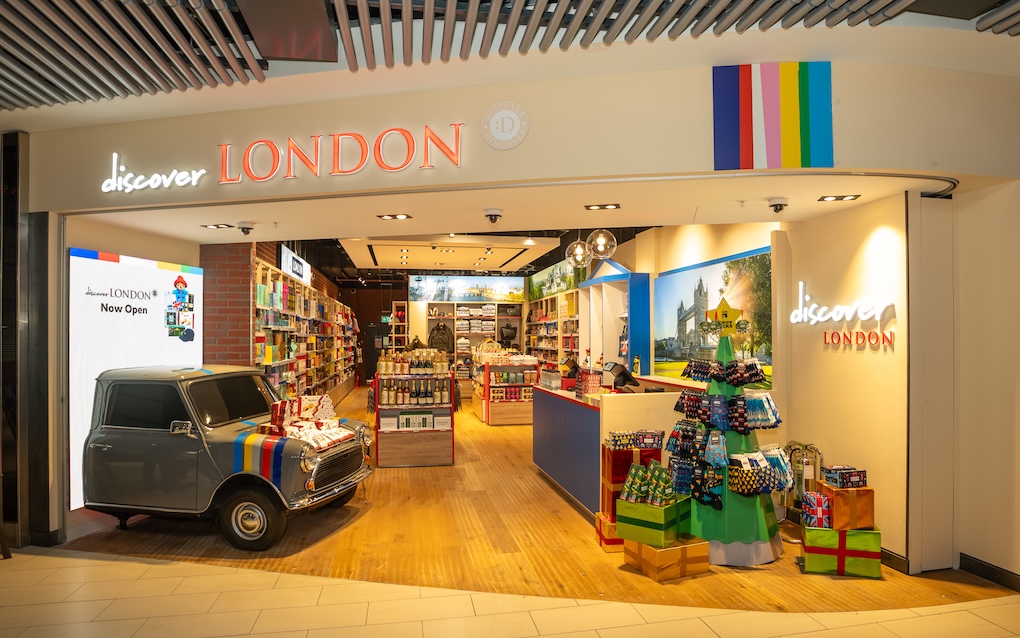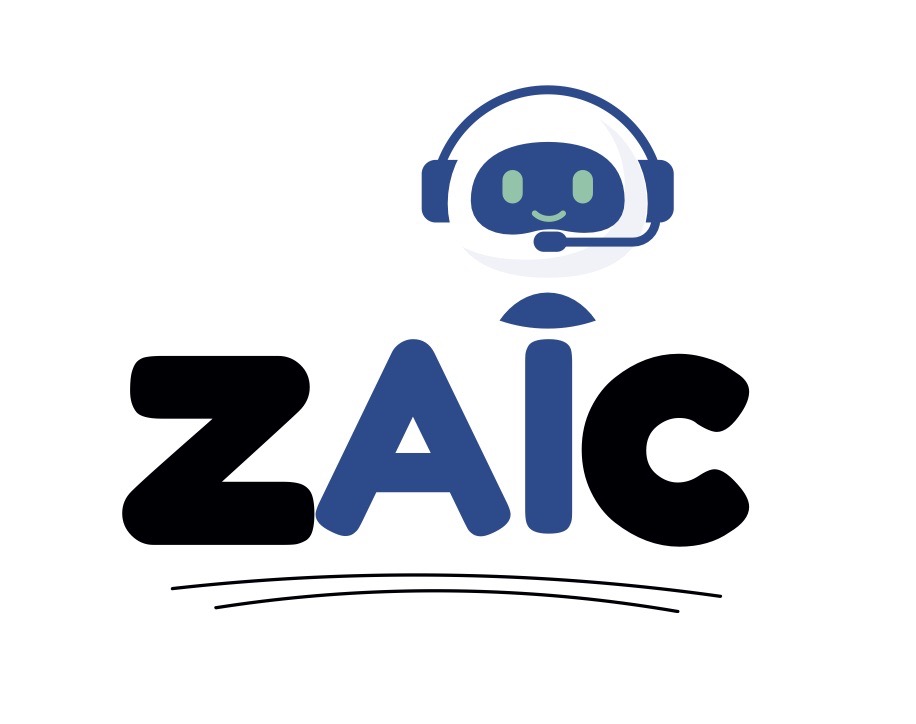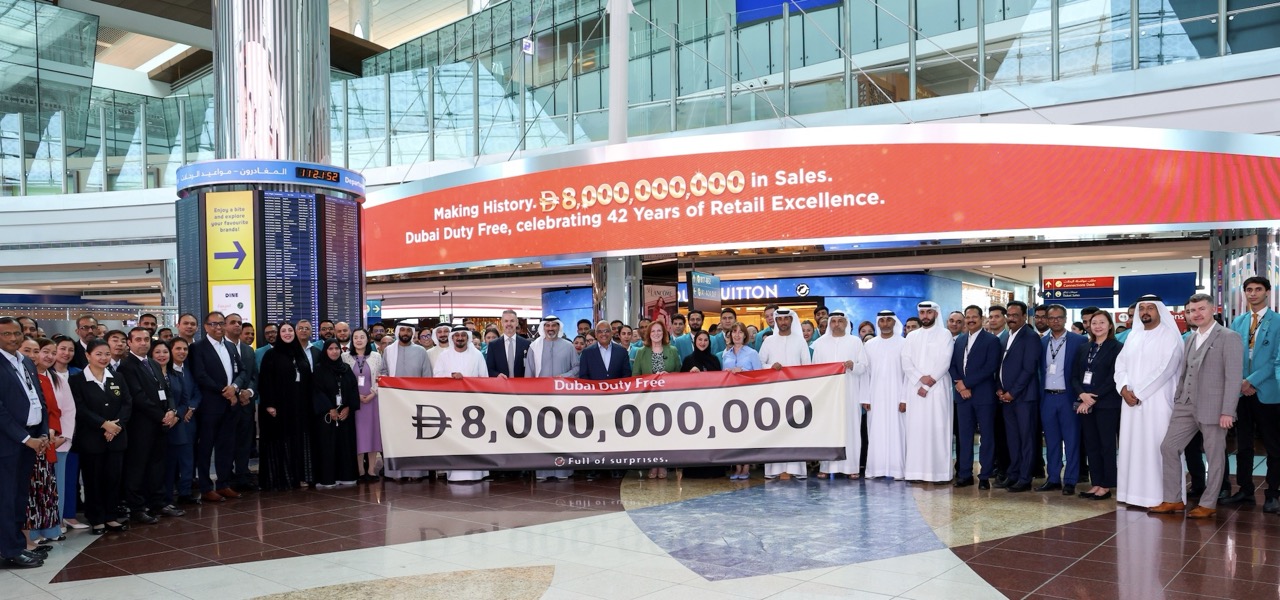Introduction: Wednesday’s big breaking news that Fraport and Gebr Heinemann have struck a 50:50 joint venture to manage retail at Frankfurt Airport offered a pointer towards a new future for airport concessions in the digital age.
As reported, Frankfurt Airport Retail GmbH & Co. KG takes over the 27 duty free and Travel Value stores managed by Gebr Heinemann from 1 January. All 750 staff from Heinemann Duty Free will transfer to the new entity under the same employment contracts. And the retailer confirms that the stores will retain the Heinemann Duty Free branding.
We spoke with Gebr Heinemann Executive Director Retail and HR Raoul Spanger after the agreement was announced. In this interview (Q&A below), he says that the challenge of e-commerce was among the driving forces behind the move and he cites data collection and its use as a critical element of the partnership. Crucially, he signals that in this new age, other airport partnerships will require more flexibility and attention to consumer needs than ever before.
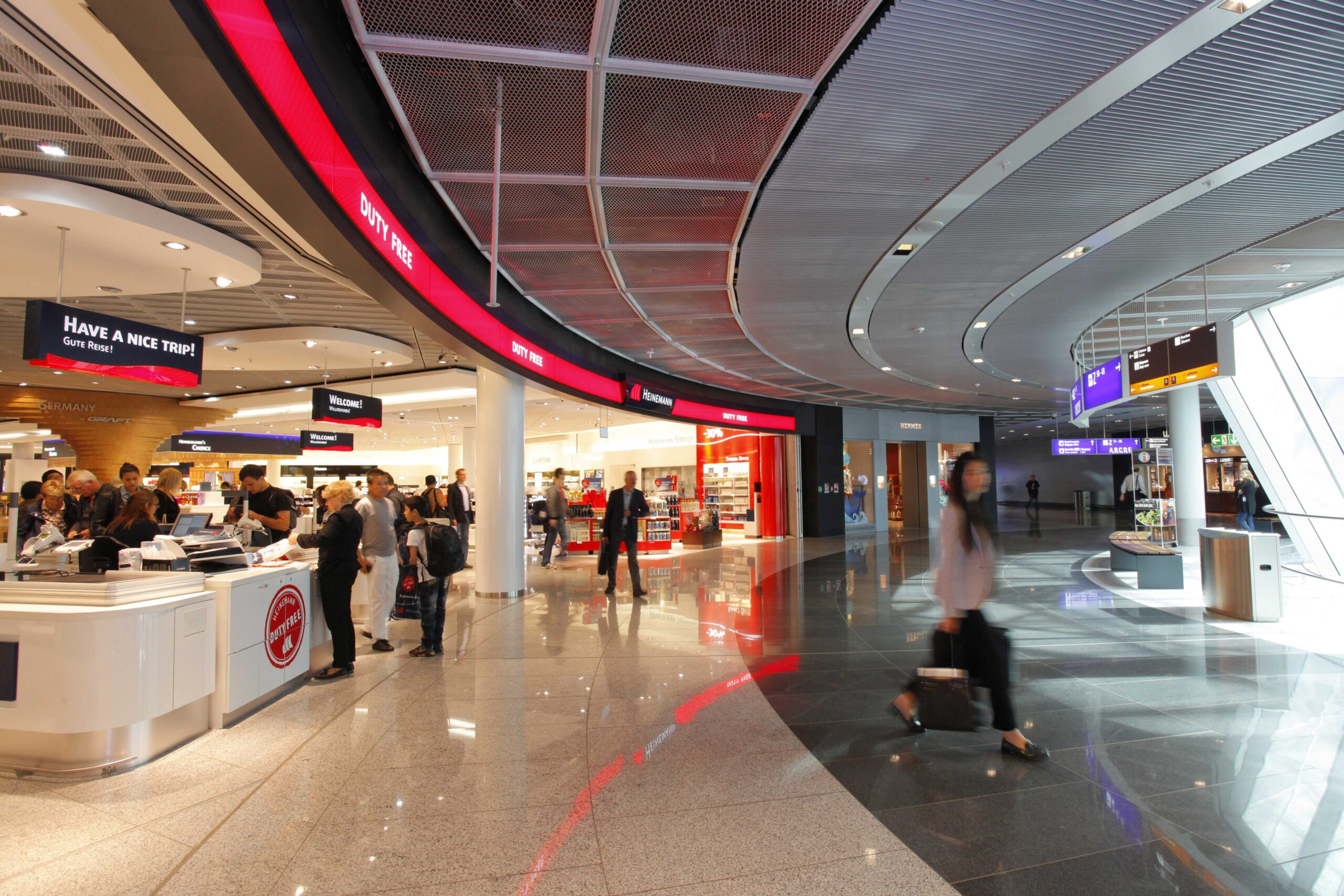
The Moodie Davitt Report: What were the driving forces behind this joint venture?
Raoul Spanger: When you are together for more than 40 years you operate a kind of joint venture already. If you don’t have a good partnership then you don’t stay together for that length of time.
What was important was a common understanding between us that the new race is not about location, location, location, but about consumer, consumer, consumer.
You can develop this between airport and retailer through different types of contracts but a JV makes it more transparent, from the point of view of costs but also transparency in terms of data and information sharing.
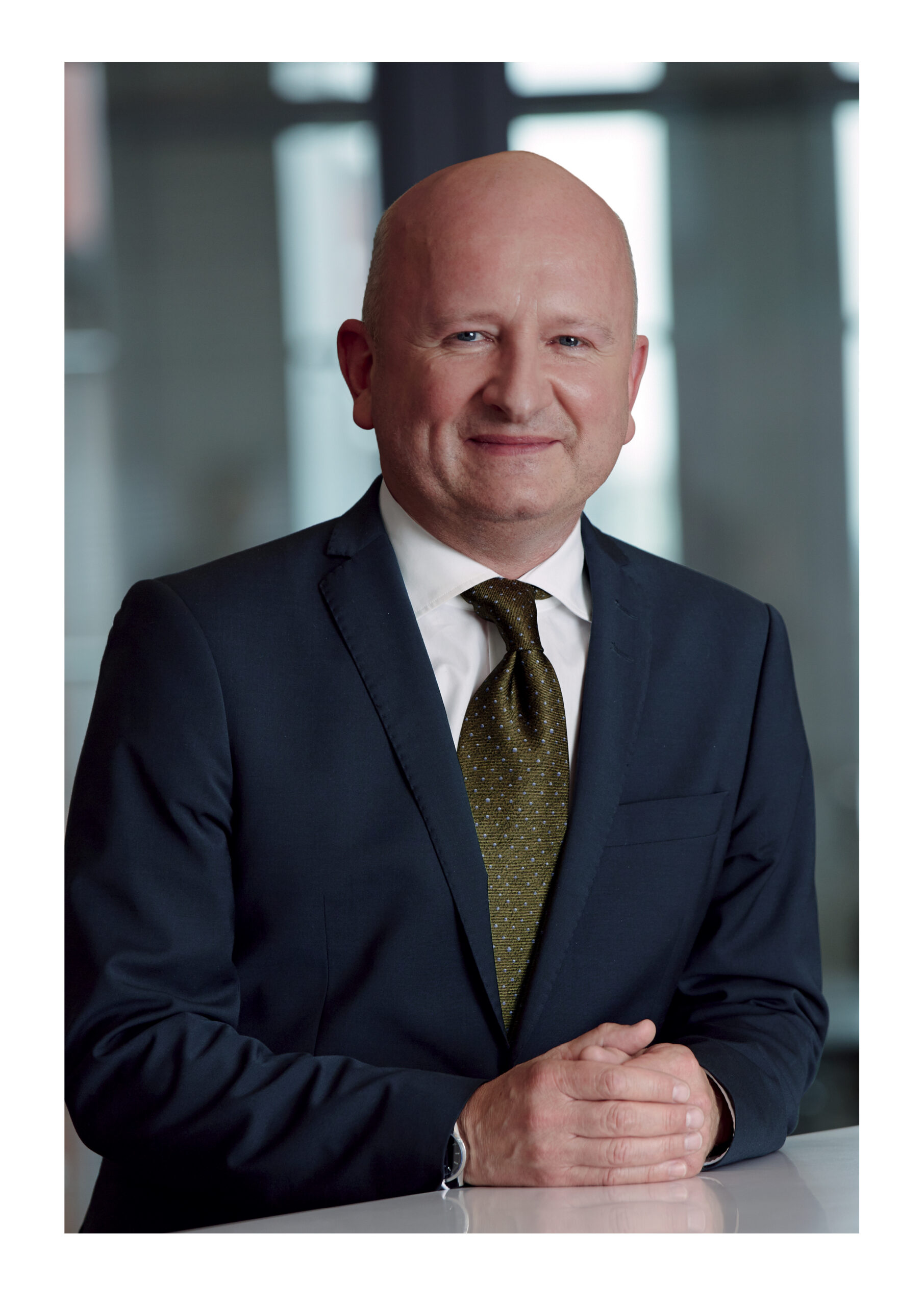
How big an influence was the challenge of e-commerce on your decision to strike such a partnership?
It was one of the forces certainly. We will have new partnerships in the future, many of them digital. We also need new contract models, whether that is a JV or concessions, and these need to be more flexible.
We understand that this is an issue for the airports because they prefer guarantees but the future is not in guarantees. The future is in trial and error and moving from trial to success with new ways of doing things. There will be new models in the business and it will be a big issue for the industry in the coming years.
Can this be the template for your future airport relationships?
Yes, at big airports certainly it’s a possibility. We are all for partnerships and are not shy about that. We would look to do it at locations where it makes sense and where we have existing, long-lasting relationships. In that respect this Fraport development is a logical step.
This is moving towards a new model. We could stick to the old ways but then that means sticking with the same business model we traditionally had and this would be wrong.
Have you spoken to other airports about adopting this type of JV model?
So far we have not had further discussions with other airports about adopting this particular model. But it has logic. That’s not to say you can’t fulfil the demands of the future through a more flexible concession contract than existed in the past. We see both models playing a part in the future for us.
Can you give an example of how this will change your partnership in practice?
Home delivery is a big issue for us. Every parcel we send costs ten euro in post and packaging but that is not recognised in any traditional contract. All that the contract shows is merchandise out of the shop at certain conditions and at certain margins. But the new race is a different one we are running. That is reflect in this new agreement.
On the management side, we will have two directors of the business. Johannes Sammann, who has worked with us at Frankfurt for several years, will manage the operational part of the business. Georg Fuhrmann will be the liaison between Fraport and ourselves for this interesting new arrangement.
Other things won’t change. There will be no change to our brand relations in the short and mid-term and will run as part of the Heinemann portfolio. Of course we don’t know what will work long term.
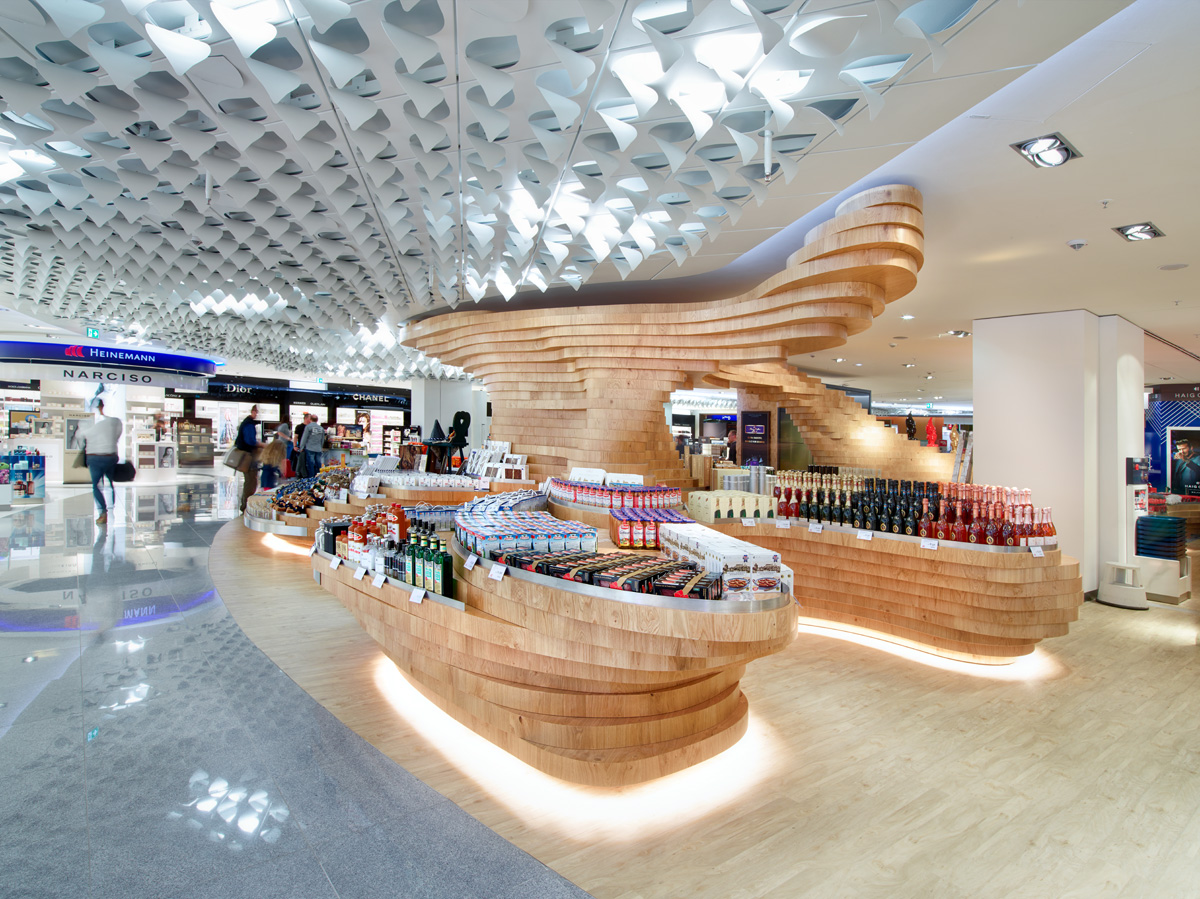
How do you assess the potential impact of this new arrangement on your performance and bottom line at Frankfurt?
There are several aspects to this. You have the concession fee and the profit of the company. To share profits in a JV means also sharing costs, which is positive. We do this already with ATU and TAV in Turkey and by invitation we have a similar partnership with Schiphol Group for Schiphol Airport Retail in Amsterdam. Overall it has to be a deal that works for both parties.
The other thing is that in these turbulent times our home market is very important for us. To secure our home market, Germany, and the main location, Frankfurt, for the long term, was very important. We are going more and more into new regions and territories but you can never forget your base. In this regard we are talking about a very, very long-term contract to work together that we hope won’t end. That also has strong value for us.
We are a company built on partnership. Claus and Gunnar have their partnership and it’s a working model if it makes sense. And for us it is sensible if the critical mass of the business is there, and in this case it is.
Have you plans to further your partnership with Fraport in other locations?
Fraport has international business but we don’t have any overseas contracts with them. There is no contractual obligation but there is a clear commitment on both sides to look together at any opportunities. That of course excludes places such as Turkey where we have commitments, and Fraport may have other exclusive agreements of their own elsewhere, but we can seek other openings together.










